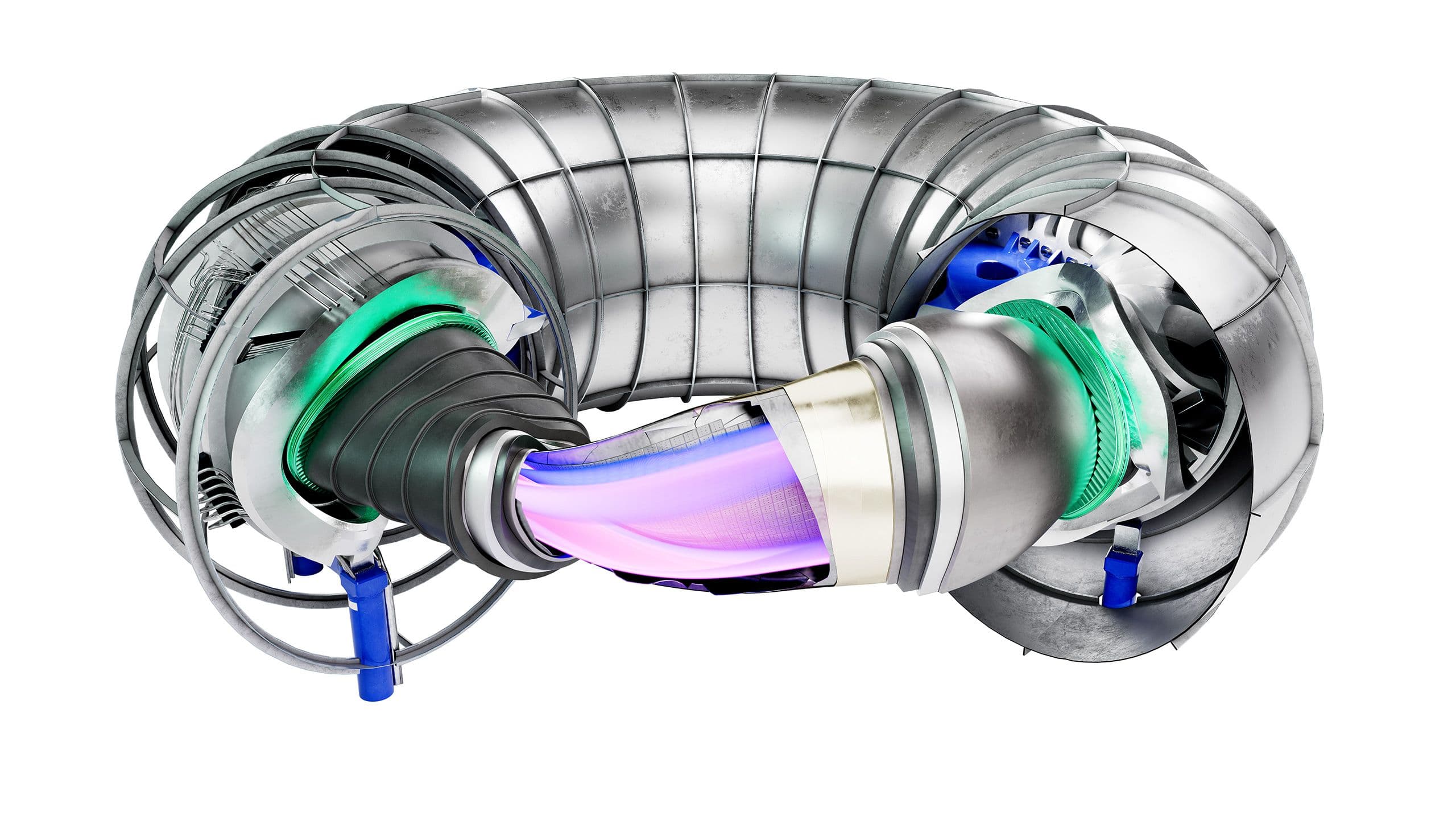Why we invested in Relay Technologies
by Taavet HinrikusSometimes, the most impactful companies aren’t the ones that seem the “sexiest.” When we started TransferWise in 2011 (now called Wise), what we set out to do — to transform international payment infrastructure — might have seemed like a pretty boring mission to devote your working life to but, more than a decade on, the company is now saving users nearly $2bn in fees annually.
I get a kick out of applying tech to big industries where legacy incumbents have got complacent, and one sector that is ripe for this kind of disruption is ecommerce delivery, a market that was worth $486bn in 2023 and is expected to grow by up to 9% annually in the coming years.
In the same way that Wise rebuilt payment rails from the ground up, UK startup Relay Technologies is applying the tech mindset to building a delivery company for the modern world, reducing pollution and congestion created by an ever-growing number of courier trucks on our streets.
The company is rebuilding warehouse, depot and courier infrastructure from the ground up with a data driven approach, continuously optimising their product day in, day out, to build a 10x better product than incumbents, who tend to iterate in annual cycles and see tech as a cost centre, rather than a growth driver.
In just a couple of years since launching, Relay is already being used by some of the biggest names in ecommerce, as it develops a delivery platform that’s faster, cheaper and better for the environment than what’s on the market.
An industry begging for technology
To get an idea of how much room there is to improve how we deliver parcels, you only need to look at how some of the established players in this space are still living in the mainframe age: we’ve even seen one example of one of them using WhatsApp groups to organise its drivers.
Relay has broken the system down into pieces and rebuilt it in a way that makes sense for the digital age, building a world where the frustrations of missing packages and polluting vans clogging up our streets will increasingly become a thing of the past.
The team is developing a full-stack tech solution that optimises everything from sorting packages in depots to giving delivery couriers the clearest possible instructions to make their job easier. I’ve witnessed this myself by going out as a rider and using their app and seeing how easy it is to follow, with Relay’s stats showing that its tech drives better delivery rates and fewer lost parcels than industry standards.
It’s also designed a smarter distribution system than incumbents, who use a small number of large sorting centres in the middle of the country, with trucks then driving long shifts to deliver parcels from these centralised locations. Relay will run 10 smaller sorting centres in the UK, from where packages will be distributed to “pit stops” — corner shops and other small local businesses — before gig economy couriers pick up the parcels on e-mopeds, and get them to their destinations.
This infrastructure is central to how the startup can offer cheaper and more reliable deliveries, and will also reduce the number of vans on our roads, tackling the congestion and pollution that comes from last mile delivery, which it’s estimated to account for up to 20-30% of city emissions.
A team that delivers
Relay’s cofounders Nicole Mazza and Jonathan Jenssen have already succeeded in scaling a last-mile courier business, both coming from next-hour delivery company Stuart, where they served as commercial director and UK general manager respectively.
They’ve taken what they’ve learnt at the company (which was acquired by its strategic investor DPD Group in 2017), about how to build a successful business by optimising same-day deliveries, and are now applying it to the far bigger market of next-day delivery.
They’re also joined by CTO Jeremy Hoon, Stripe’s former head of engineering who knows all about the value of fast iteration to relentlessly improve that last percent as you develop a world-leading product. It’s a team that combines deep knowledge of the sector with experience of how to scale a huge tech business, and they’ve already made impressive commercial progress while developing their product.
Working with the giants
Relay has won contracts with a list of companies that reads like who’s who of ecommerce, with Vinted, Tiktok, Temu, ASOS, and THG using its delivery service, with three of those showing their faith in the startup by asking to invest in this round. They, like us, see the potential for this startup to compete with juggernauts that run this industry like DHL and UPS (worth $42bn and $97bn respectively).
Working with high-volume operators will allow Relay to establish scale and density of its operations around the UK, at which point it will begin to start onboarding smaller merchants. In the same way Wise has saved regular people billions in fees, Relay has the potential to save independent merchants and their customers huge amounts of money over time by offering them its superior service.
So, while the delivery industry might not seem like the sexiest industry to tackle, there is potential to build a really significant business here, which will make the rapidly growing ecommerce sector cheaper, greener and more efficient.


